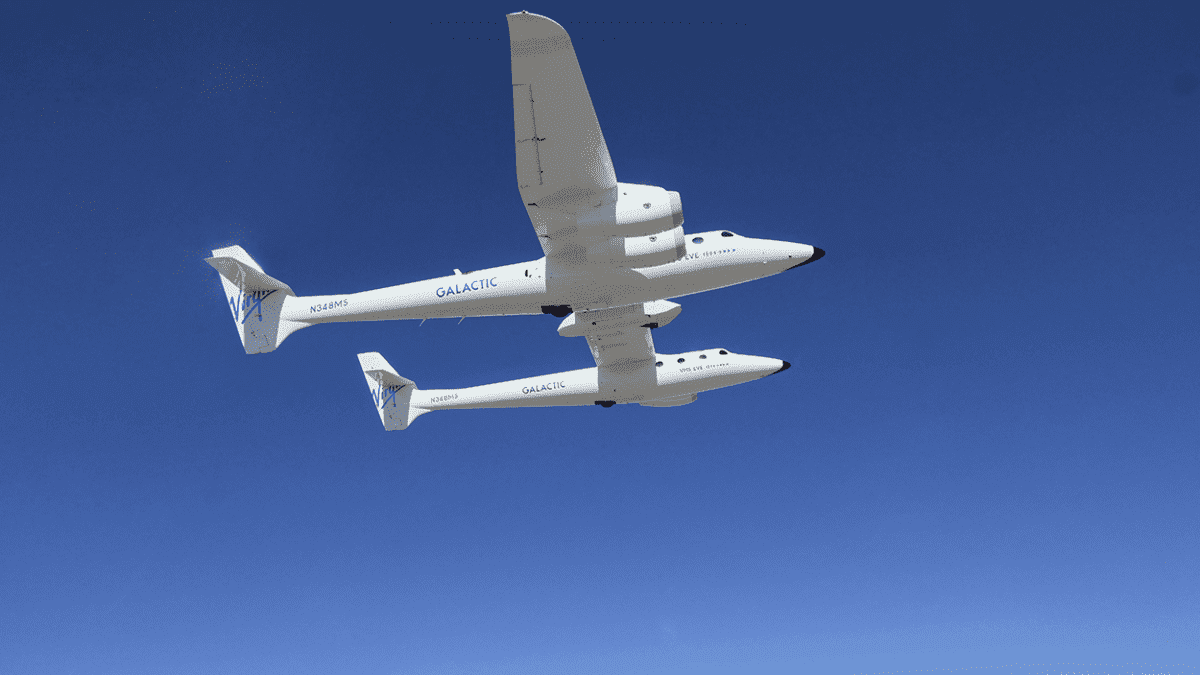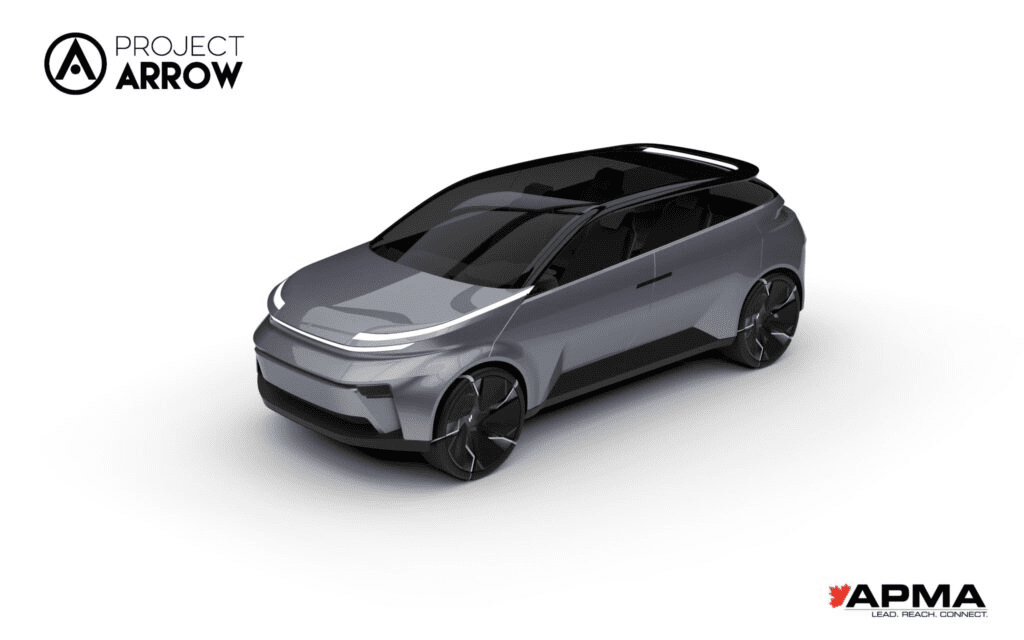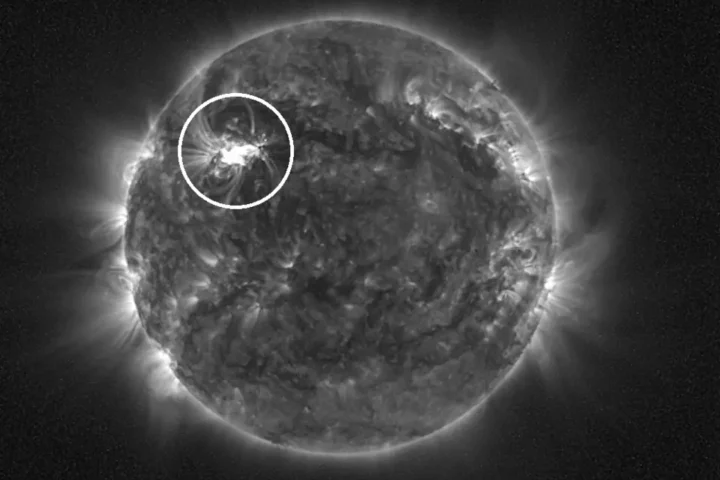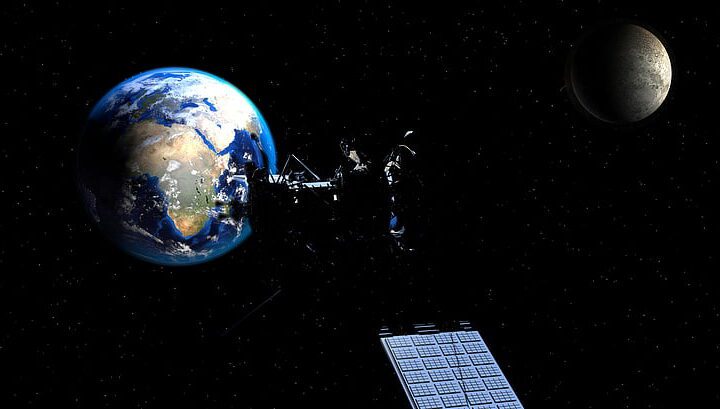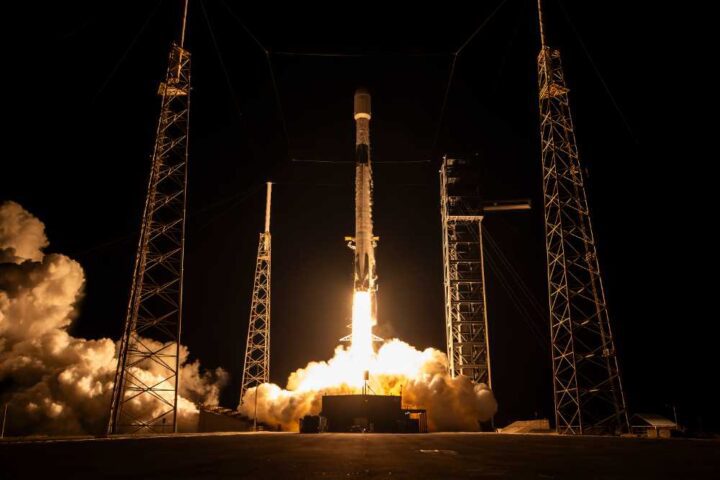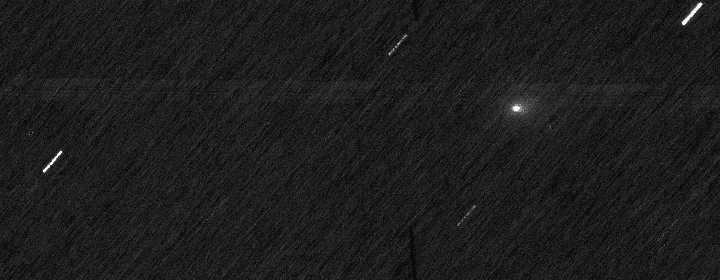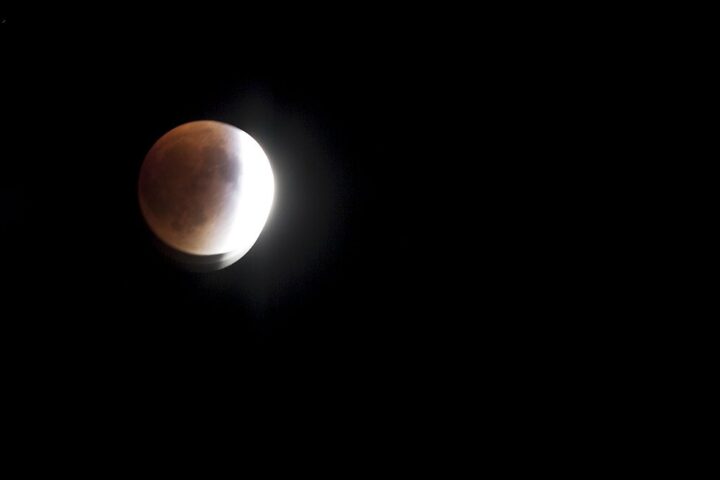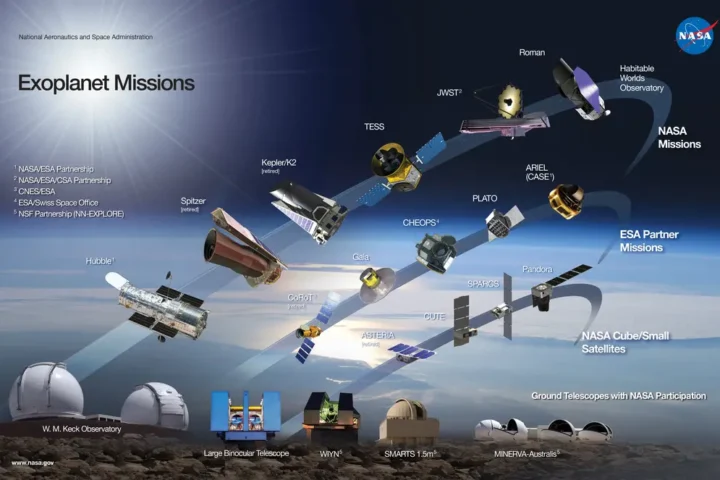Virgin Galactic’s VMS Eve carrier plane recently conducted a test flight, marking its first flight in almost 16 months. The flight, which lasted for over two and a half hours, took off from California’s Mojave Air and Space Port, with Eve flying solo to test its new pylon, among other features.
Eve’s center pylon was replaced as part of an upgrade process for the plane and Virgin Galactic’s six-passenger VSS Unity spaceliner. In operation, Eve carries the Unity to an altitude of about 50,000 feet, at which point the Unity detaches and fires up its rocket motor, powering its way to suborbital space.
The two have conducted four spaceflights to date, most recently in July 2021, with the company subsequently upgrading both vehicles. After completing system checks during the initial flight test, the Eve carrier will fly to New Mexico, where it will join Unity.
- HVAC carbon filter achieves 92.1% efficiency while cutting building energy costs 21.6%
- Fish gill filter catches 99.6% of microplastics washing machines send into sewage systems
- How Credit Applications Affect Your Credit Score
- 57 wind blades turn car park façade in Europe’s first turbine-built facility
- Building a Healthier Narrative
The reunited carrier and spaceliner will undergo more testing, including more ground testing, glide, and powered flight, as part of the required validation for the modifications made to the vehicles. Virgin Galactic hopes to resume crewed spaceflights soon, with its first mission, a research flight for the Italian Air Force, expected to launch sometime in the spring.
